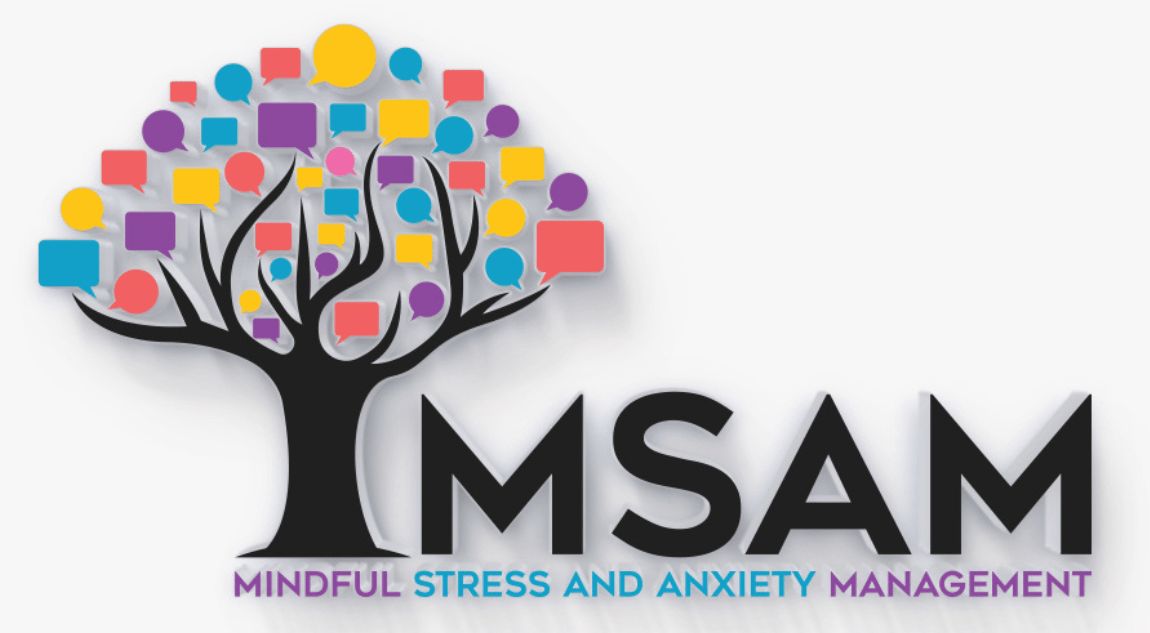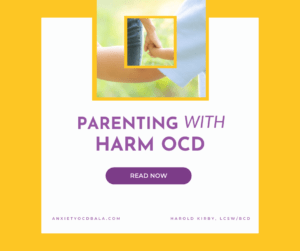What is Relationship Obsession OCD?
Relationships are an essential part of our human experience. However, forming and sustaining intimate relationships can cause major stress for OCD sufferers and non-sufferers alike. When OCD is present and demanding certainty within your relationship, it puts increased stress on relationship, leading to increased discord and less satisfaction. Relationship Obsessions (R-OCD) can present themselves in several forms:
- R-OCD is when you obsess over whether or not you love your partner and whether this is the “right” relationship. R-OCD can also include frequent comparative analysis in which you obsess over the physical, social, and/or personality attributes of your partner as a means of determining if they are “the one.”
- Obsessive jealousy is another form of distressing OCD in relationships. This is when you obsess over the idea that your partner may leave you, cheat, or be attracted to others.
Below, we’ll look at a brief synopsis of how these relationship obsessions may present themselves. After that, we’ll look at what treatment could look like for managing these obsessions.
R-OCD
If you suffer from R-OCD, you may be consumed by thoughts such as: “How can I be sure I love my partner?” or “What if this is not the right relationship for me?” You may also obsessively focus on your partner’s attributes, asking yourself things like “Is he attractive enough?” or “Is he smart enough?” You may find yourself engaging in very specific rituals in an attempt to manage the distress associated with these thoughts, for instance:
- Constantly comparing your relationship to that of others.
- Frequently seeking others’ input on your relationship.
- Trying to recall positive memories in order to feel “certain” you are with the right person.
Treatment Goal for R-OCD
While it might seem that the goal of treatment would be to help you determine whether you love your partner, this isn’t true. The goal of treatment, rather, is to help you live with the uncertainty that your OCD insists you cannot handle.
Treatment will involve the use of Cognitive Behavioral Therapy (CBT), one empirically-proven therapeutic modality. The CBT treatment will include Exposure/Response Prevention and Imaginal Exposure therapies. Through these treatment methods, you will ultimately be better able to make relationship decisions based on in-the-moment experiences rather than fear-based decision-making guided by R-OCD.
Obsessive Jealousy
Sufferers from obsessive jealousy are consumed with trying to become certainty that their partners are faithful. If you suffer from obsessive jealousy, you may find yourself engaging in multiple rituals to “check” your partner’s faithfulness. These rituals may include:
- Constant questioning of your partner’s whereabouts
- Going through your partner’s personal property
- Following your partner
- Trying to limit/restrict your partner’s behavior (e.g. controlling their movements or demanding they be in constant contact with you)
Treatment Goal for Obsessive Jealously
The goal of treatment is to help you accept and live with the uncertainty that is inherent in romantic relationships. No one can know for sure what behaviors our partners may or may not be engaging in. The only thing any of us can do is look at the information in front of us. Also, we can assume that our partners are with us because they want to be. If we find evidence indicating that we cannot trust our partner, we deal with this as it arises. We do not go looking for such evidence.
Treatment Options
The specifics of your treatment will be tailored to you. Like treatment for all forms of OCD, including R-OCD, CBT will be the main method of treatment, primarily using Exposure and Response Prevention.
If you suspect that you or someone you care about has R-OCD, please start by getting an evaluation from a qualified OCD specialist. I say a specialist because OCD does not usually respond well to standard supportive talk therapy.
Learn more about R-OCD, and start your search for professional help, at iocdf.org or ADAA.org. You can also, of course, contact me at 610-517-3127 to set up an appointment.
Regards,

